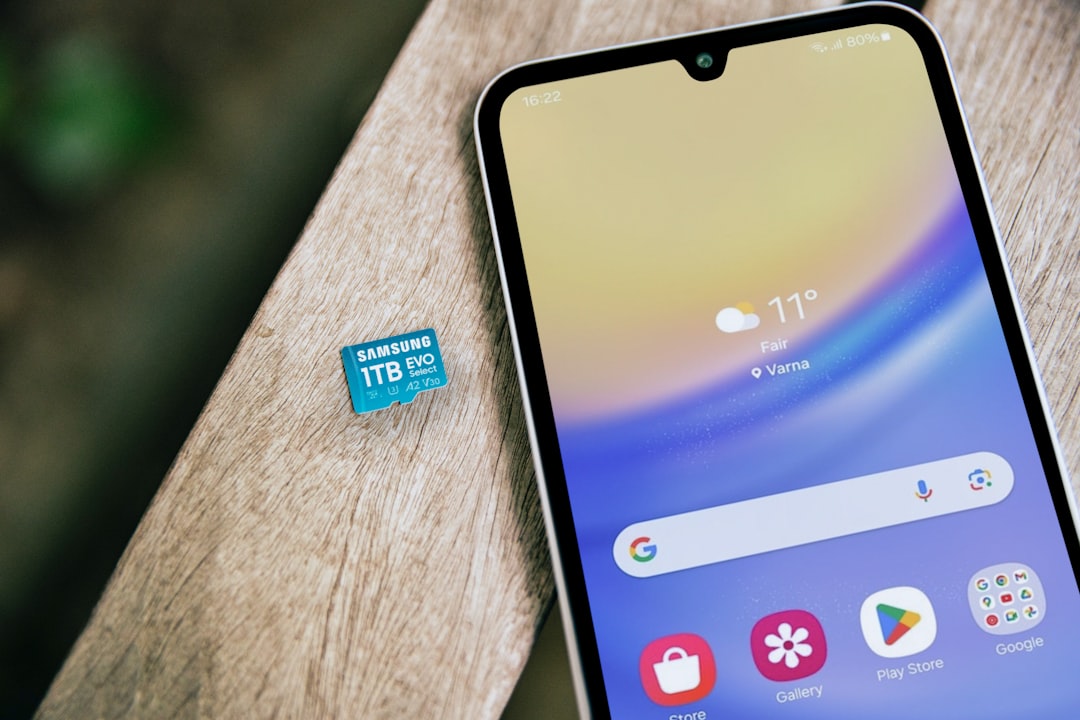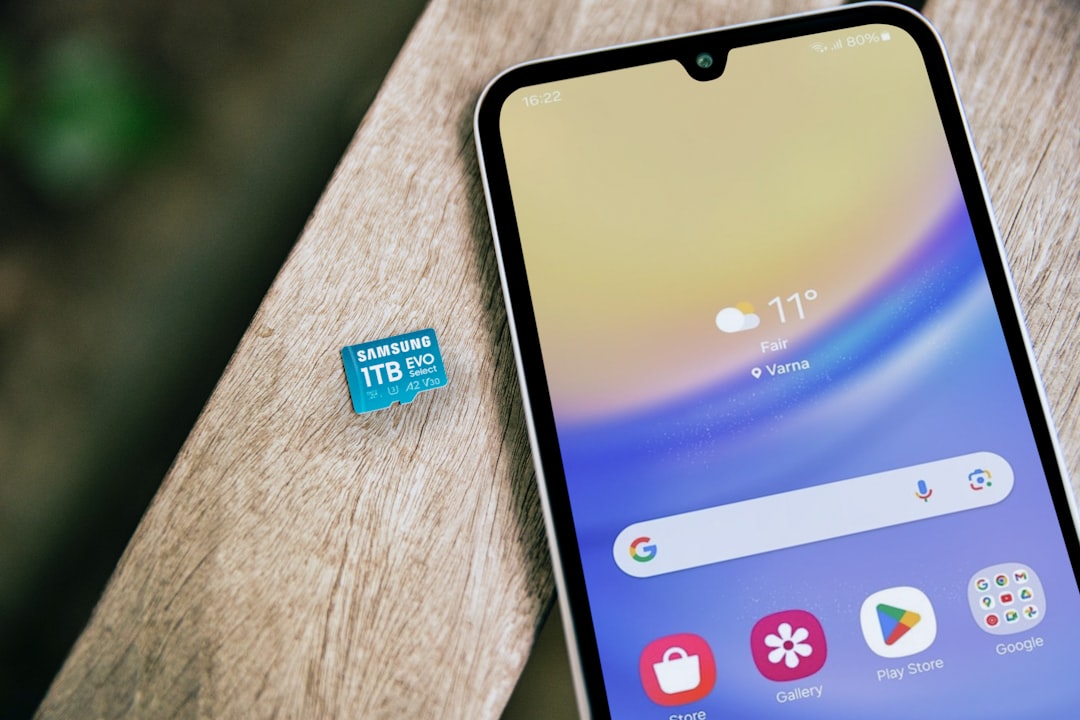In Philadelphia and Greater Philly, traditional marketing is transitioning to digital platforms due to changing consumer behavior and a tech-savvy audience. This shift is highlighted by growing Do Not Call registrations and the impact on business-consumer interactions. Modern marketing relies on technology like social media advertising and data analytics to deliver personalized experiences. Law firms, including those specializing in Do Not Call laws, use advanced tools for targeted campaigns while navigating privacy regulations. By embracing digital trends, local businesses can strengthen community engagement, comply with legal requirements (like PUC's Do Not Call list), and thrive in an increasingly digital market. A specialized lawyer for Do Not Call Philadelphia is crucial for compliance and balancing business goals with respecting consumer privacy.
In the dynamic landscape of modern marketing, technology has reshaped how businesses engage with consumers across Greater Philly. This article delves into the intricate relationship between these forces, exploring digital trends that have transformed traditional marketing methods. We analyze how tech enhances consumer experiences, its impact on local businesses adapting to new realities, and the legal framework, notably Do Not Call regulations in PA. Finally, we peek into the future, considering AI, VR, and their potential to further revolutionize marketing practices in this vibrant region, while offering insights from a Philadelphia-based lawyer specializing in Do Not Call laws.
The Evolution of Marketing: From Traditional to Digital in Philadelphia

In the past, marketing strategies in Philadelphia, much like everywhere else, were largely dominated by traditional methods—print ads, radio spots, and local television commercials. However, with the advent and rapid advancement of digital technology, the marketing landscape has undergone a profound transformation. Today, businesses in Greater Philly leverage online platforms, social media, email campaigns, and search engine optimization to reach their target audiences effectively. This shift from traditional to digital marketing is not just a trend but a necessity driven by consumer behavior changes and the rise of tech-savvy individuals who primarily conduct their searches and make purchases online.
One significant impact of this evolution is the way businesses interact with consumers, especially when it comes to privacy concerns. With the increasing number of Do Not Call registrations in Philadelphia, companies are compelled to adapt their marketing strategies to respect consumer choices while still maintaining engagement. Digital marketing offers tailored and targeted approaches that allow businesses to connect with customers without being intrusive, ensuring that marketing efforts remain effective while adhering to legal and ethical standards.
Technology's Role: Enhancing Consumer Engagement and Experience

Technology has become an integral part of modern marketing strategies, and its impact on consumer engagement is undeniable. In Greater Philly, businesses are leveraging digital tools to create personalized experiences for their target audience. From social media advertising to interactive online platforms, technology allows marketers to reach consumers directly, understand their preferences, and deliver tailored content. For instance, a law firm in Philadelphia specializing in Do Not Call laws can utilize advanced analytics to identify potential clients who may be overwhelmed by telemarketing calls, and then craft targeted campaigns that respect these consumer preferences while offering valuable legal advice.
By utilizing customer data and artificial intelligence, marketing teams can predict consumer behavior, enabling them to create engaging content and offers. This level of personalization fosters a deeper connection between brands and their customers, increasing the likelihood of conversions and loyalities. The result is an enhanced consumer journey, where technology acts as a facilitator, ensuring that interactions are relevant, timely, and respectful of individual choices.
Impact on Local Businesses: Adapting to Modern Marketing Trends

In today’s digital era, modern marketing practices have significantly transformed how local businesses connect with their customers in Greater Philly. With technology playing a pivotal role, traditional marketing methods are giving way to more innovative and targeted approaches. Businesses must adapt to stay competitive; this includes embracing online platforms, social media, and data-driven strategies to reach their target audience effectively. For instance, many law firms in Philadelphia have started utilizing legal marketing agencies to enhance their online visibility and attract potential clients.
One notable trend is the rise of personalized marketing campaigns, where businesses use consumer data to deliver tailored messages. This shift has been further accelerated by privacy regulations like the Do Not Call laws, prompting companies to focus on consent-based communication. By adapting to these modern marketing trends, local businesses can better engage with their community, compete with larger corporations, and ultimately thrive in an increasingly digital landscape.
Legal Considerations: Navigating the Do Not Call Regulations in PA

In the realm of modern marketing, especially with technology’s relentless evolution, businesses in Philadelphia must adhere to a intricate web of legal considerations. One such critical regulation is the Do Not Call list, enforced by the Pennsylvania Public Utility Commission (PUC). This list grants consumers the right to opt-out of unsolicited sales or marketing calls, protecting their privacy and peace of mind. Marketing professionals in Greater Philly need to be mindful of these rules to ensure compliance and avoid penalties.
Hiring a lawyer specialized in Do Not Call regulations in Philadelphia becomes essential for businesses aiming to navigate this legal landscape successfully. Legal expertise can help companies understand the nuances of the law, implement effective opt-in and opt-out mechanisms, and develop marketing strategies that respect consumer choices while still achieving marketing goals. This proactive approach not only safeguards businesses from legal repercussions but also fosters a positive image and enhances customer satisfaction.
Future Prospects: AI, VR, and the Unfolding Marketing Landscape in Greater Philly

As technology continues to evolve, AI, VR, and other innovations are transforming marketing strategies across Greater Philly. These emerging technologies offer unprecedented opportunities for personalized, immersive experiences that resonate with consumers. Imagine virtual reality campaigns that transport customers into brand worlds, or AI-driven data analytics predicting consumer behaviors with astonishing accuracy.
In the legal context, as tech advances, so do regulatory considerations. For instance, a lawyer for Do Not Call Philadelphia can guide businesses navigating privacy laws related to data collection and marketing practices. This ensures responsible marketing while leveraging the potential of these cutting-edge technologies in the dynamic landscape of Greater Philly’s modern marketing scene.






